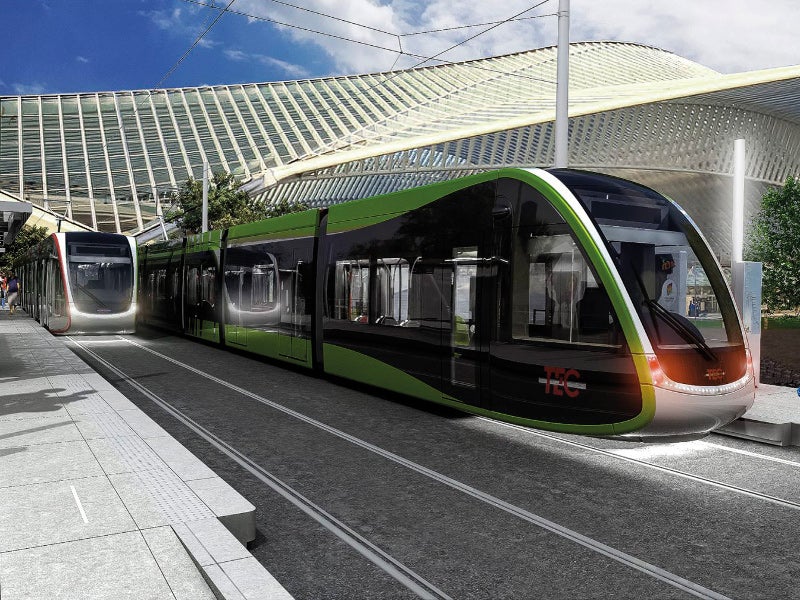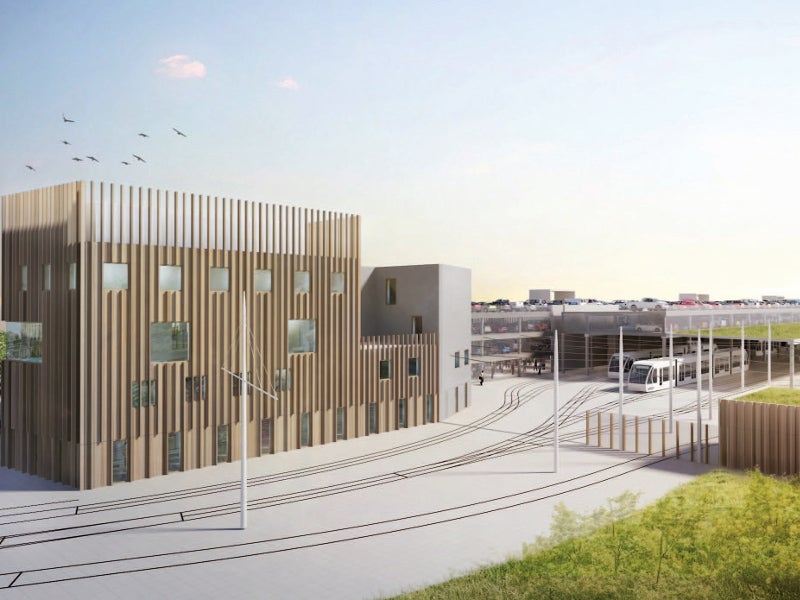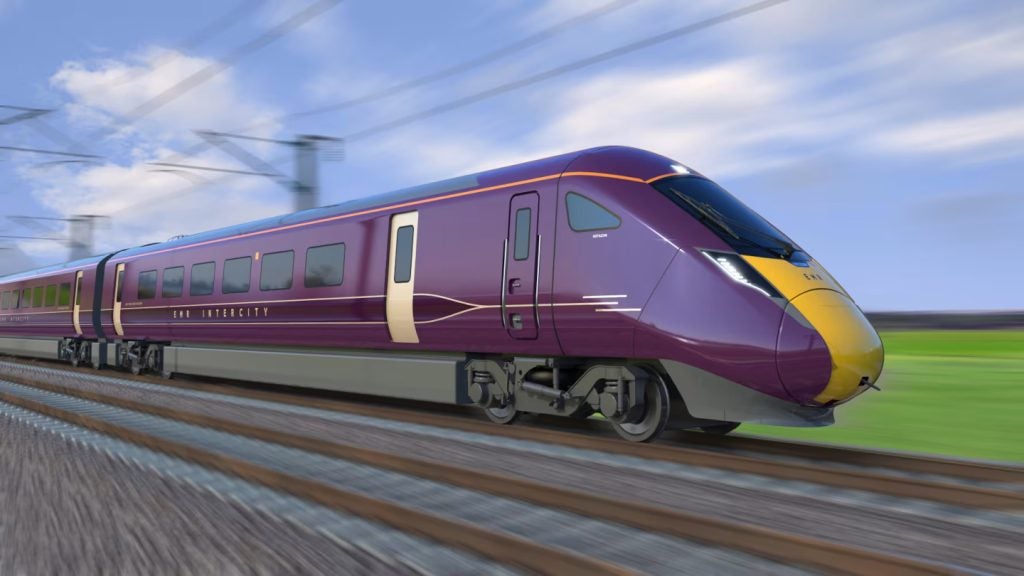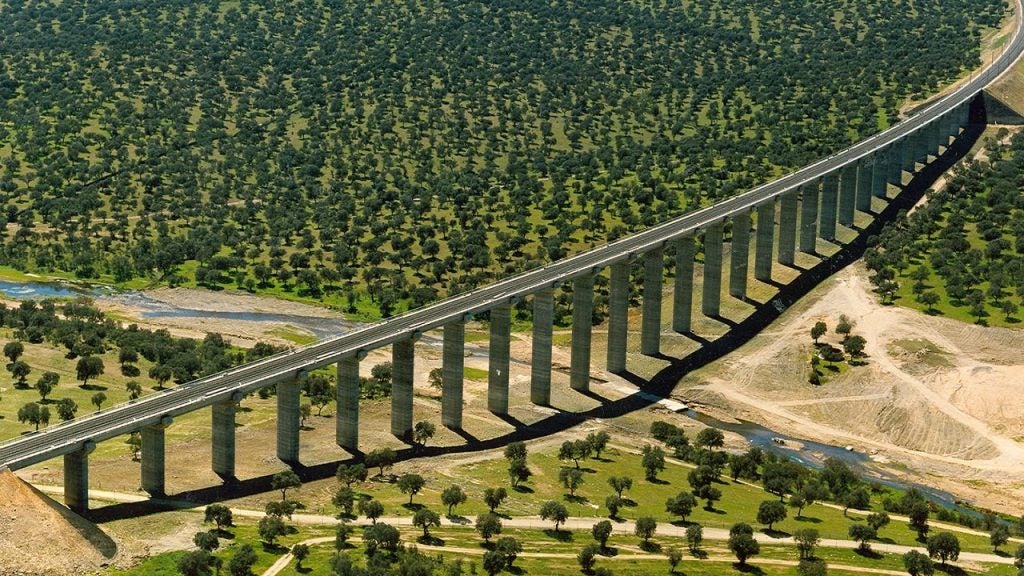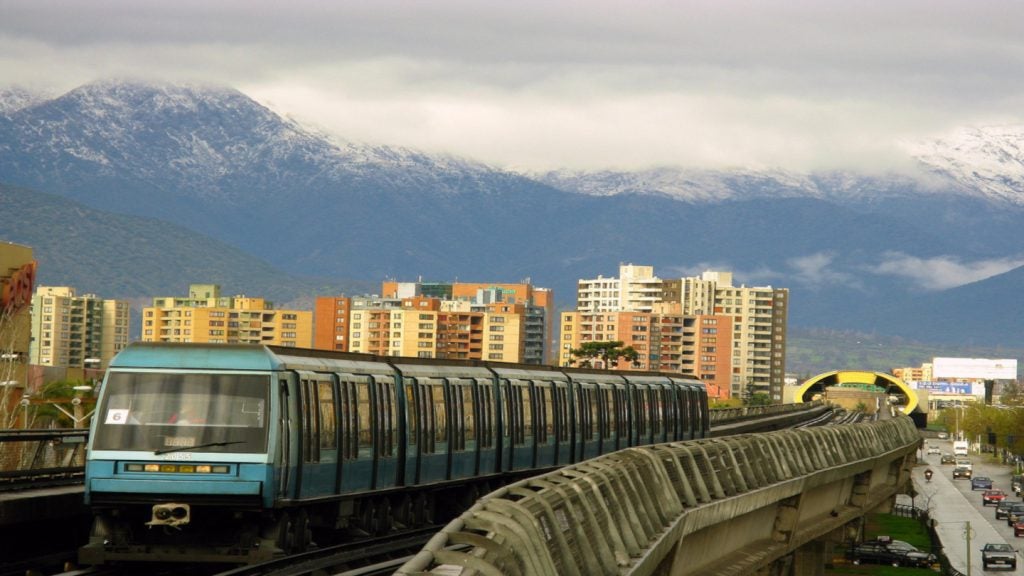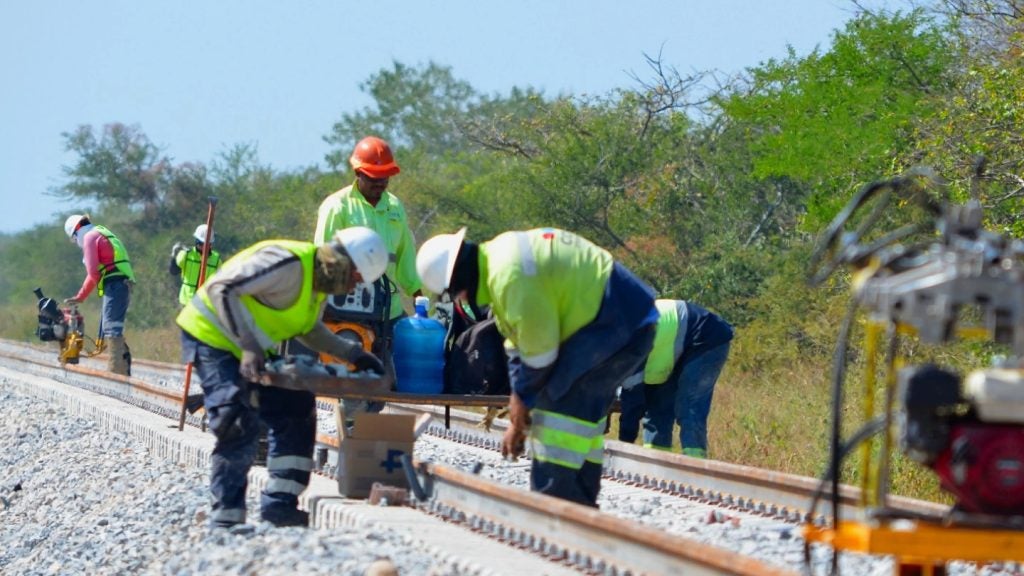Liege tramway, also referred to as Tram de Liège, is being developed in the city of Liege in the Wallonia region of Belgium. The new tramway system will link the key development centres of Liège.
Liege is a growing city with a majority of the population depending on private cars and public buses for transportation.
The tram network has been preferred as a viable, efficient and sustainable public transport solution to address the challenges of mobility as the existing bus routes are approaching their saturation limit. An estimated 50ha of Liege city will be entirely tram-centric and will help to achieve the Zero Carbon Administrative City (ZCAC) target set for 2022.
The Wallon Transport Operator or ‘Opérateur de Transport de Wallonie’ (OTW) and Tram’Ardent consortium entered a public-private partnership (PPP) agreement for the development of the Liege tramway system in January 2019.
Liege tramway project details
The first line of the Liege tramway network will have a total length of 11.7km and will pass through 21 stations, when fully operational in October 2022. It will connect Sclessin multimodal station with Coronmeuse station via Saint Lambert Square and high-speed train station.
The tram network will be designed, constructed and maintained by Tram’Ardent consortium. The project will be completed in three phases, while studies will be carried out until April 2019 under the first phase of the project.
Construction along the 12km line under the second phase will begin in May 2019 and is scheduled for completion by the end of 2021.
The third phase of the project involves conducting trial runs, which will be started in the third quarter of 2022. The commercial launch of the tramway is scheduled for October 2022.
A new maintenance and storage centre will be built in Bressoux, where the central command post will also be located. Tram’Ardent will also undertake urban development works to facilitate soft mobility, as part of the project.
Rolling stock
Construcciones y Auxiliar de Ferrocarriles (CAF), a member of the Tram’Ardent consortium, will deliver 20 Urbos-100 trams for the Liege tramway project. Rolling stock deliveries will begin in May 2021 and end in April 2022. The 64t tram will be 45m long, 2.65m wide and 3.60m high.
Each of the CAF dual-engine trams will feature an air-conditioning system, 26 public announcement speakers, eight double doors on each side, eight single-sided screens, 58 seats for passengers, and one USB port each for two seats. Trams will also feature dedicated space for visually impaired or reduced mobility passengers with under-seat space for guide dogs.
Trams will run at an average frequency of 15 minutes and have a maximum capacity of 310 passengers each.
Financing
Liege tramway project is estimated to cost €430m ($491.9m), which will be financed by Tram’Ardent consortium. Funding will be sourced by the consortium through its partners and stakeholders, including European Investment Bank, AG Insurance, Belfius, BBVA, and Talanx. The investment made by the consortium will be recovered from a quarterly fee paid by OTW during operations.
Natixis is the financial advisor for the consortium, while DLA Piper provides legal assistance for the transactions.
Contractors involved in Liege tramway project
Tram’Ardent consortium is responsible for finance, design, construction and maintenance of the Liege tramway. The consortium consists of Colas Belgium, Colas Rail Belgium, Colas Projects, CAF, and DIF Infrastructure V. The 31-year contract period includes a 45-month construction phase, followed by a 27-year maintenance period.
Colas is responsible for the design and construction of public buildings and engineering structures such as overhead electrified contact lines, stations, and tracks. The company will also build infrastructure to streamline urban mobility.
CAF will provide rolling stock, signalling, telecommunications, and power systems. A company formed by Colas Belgium, Colas Rail Belgium, and CAF Belgium will oversee the system maintenance and operations.

